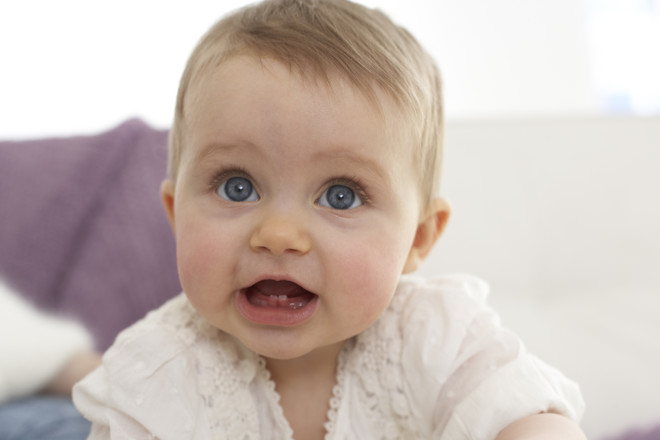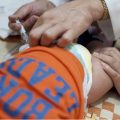 Do all the teeth in children dairyPhoto: Getty
Do all the teeth in children dairyPhoto: Getty
Should milk teeth be treated?
The first baby incisors are covered on top with a thin layerlayer of enamel, which does not protect them well enough from external influences. Excessive consumption of sweets by children, night feedings and the inability of babies to brush their mouths well very quickly provoke caries. If it is not noticed and treated in time, the baby tooth will soon collapse, since microbes penetrate through its wide dentinal tubules directly into the pulp, where the nerves are located. In addition to the pain that occurs at this stage, ignoring caries leads to: • diseases of the stomach and other internal organs; • weakened immunity; • malocclusion, due to which speech defects develop over time. Despite this list of complications, some parents believe that they can be left untreated. Can teeth affected by caries "infect" healthy incisors? Easy! And this is another reason to treat them in a timely manner. However, are all teeth in preschool children baby teeth? At 6 years old, the "sixes" or first permanent teeth appear in the mouth of children. They are much stronger than baby teeth, but they need to be looked after very carefully, because food gets stuck in them the most, they are harder to clean and "spare" teeth will not grow in their place.
Do I remove milk teeth?
Another common parenting mistake– the desire to remove a damaged tooth. A visit to the dentist is a huge stress for children, so compassionate moms and dads prefer to "suffer" once and calmly wait for the appearance of a permanent tooth. But which teeth can be removed from children? The first children's teeth also have roots that dissolve over time. As a result, the tooth begins to wobble, and, eventually, falls out painlessly. It happens that a tooth decays before its roots dissolve. In this case, anesthesia or even general anesthesia will be needed for removal. In any case, the decision to remove is made only by a doctor, having assessed the condition of the tooth and the time it will take for a permanent tooth to grow in its place. If this does not happen soon, the remaining teeth will shift, trying to close the hole in the jaw, and the child will develop an incorrect bite. Therefore, the answer of dentists to the question of whether they should be removed is unambiguous: only as a last resort. The first baby teeth need to be treated, especially since modern dentists do it almost painlessly, often acting not only as doctors, but also as psychologists, teachers and clowns all rolled into one. Read more:









